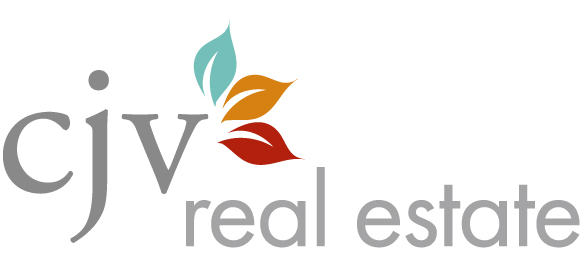Preparing Your Finances for Homeownership
by Courtney Soinski
Are you considering buying a new home this spring? With tax season in full swing, now is the perfect time to get organized, and you may even decide to check out accounting services like Porte Brown if you need any further assistance in any of your financial matters. Buying a home is one of the largest investments you will make, so it’s important to be well prepared before taking the leap.
Follow these tips to prepare your finances for homeownership.
1. Get your credit in order.
Getting a large loan like a mortgage is one of the main reasons why you need credit score. Your credit is a large factor in determining whether or not you qualify for a mortgage, so it’s important that you determine your credit score at least three months before buying. The higher the score, the easier it will be to qualify for a mortgage.
To access your scores, either purchase them as you get your free reports from Annual Credit Report Request Service, or pay for them when you buy your reports from the credit bureaus:
Equifax – www.equifax.com / 800-685-1111
Experian – www.experian.com / 888-397-3742
TransUnion – www.transunion.com / 800-916-8800
2. Prepare for expenses before you buy.
Understand and plan for what you will need to spend before the actual purchase. According to a recent article on https://makingmovesinmass.com, when you’re buying a house in Boston or any other place for that matter, you might need enough cash for a down payment, closing costs, and a few months’ worth of mortgage payments. Figure out what you will need for extras like moving costs, furniture, and repairs.
3. Know how much you can afford.
Before you jump into a contract, you need to make sure it’s something you can actually afford. List and total your monthly expenses, then subtract that from your monthly net income. Here’s a good rule to keep in mind: your total housing costs should be no more than 30% of your net pay. Also, remember that a larger down payment of about 20% or more can save you hundreds and even give you more buying power.
4. Have trade lines.
Did you know what most lenders prefer if you have three of more trade lines that have been open for at least a year? These can range from credit cards and students loans to a car loan. You should also avoid closing them because it can hurt your credit score.
5. Do your research.
Above all, it’s crucial that you do your research before buying your new home. In addition to the price of the home, you must always consider other factors such as property taxes, homeowners insurance, utilities, maintenance, and repairs.
6. Consult a real estate professional.
The right real estate professional can walk you through all the steps for preparing to buy a home. Whether it’s your first home, your forever home, or a vacation retreat, the right real estate pro can not only help you get ready, but negotiate the best deal and help you navigate through financing, contingencies and closing. The best investment in buying a new home is in choosing the right partner to help you through.
FINN Real Estate says: ‘A best practice is to get pre-approved for a home loan. This shows that you are prepared and will get you in the door faster to meet with a Realtor to look at homes’.
Michael Killmeyer with Fairway Mortgage is a terrific lender who works in tandem with FINN Real Estate. Give him a call today to get pre-approved: 303.929.4700.
Source: BalancePro

